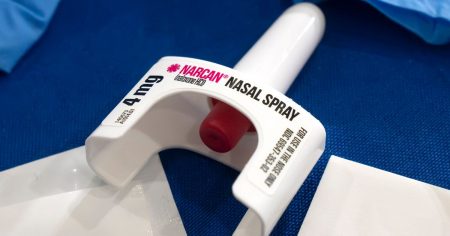The Federal Communications Commission is taking steps to prevent Huawei, ZTE, and other foreign companies that are deemed to pose U.S. national security concerns from certifying wireless equipment for the U.S. market. The FCC plans to vote on a bipartisan proposal to ensure that telecommunications certification bodies and test labs are free from influence by these companies, with the goal of safeguarding the equipment authorization process. The FCC recently denied the ability of Huawei’s test lab to participate in the authorization program and is now considering a proposal to permanently prohibit Huawei and other entities posing security risks from any involvement in the program.
FCC Chair Jessica Rosenworcel emphasized the need to address security and supply chain threats in the face of evolving national security risks. The recent denial of Huawei’s lab recognition, which was set to expire, reflects the ongoing efforts to protect U.S. communications networks from potential risks. In 2022, the FCC banned approvals of new telecommunications equipment from Huawei, ZTE, Hytera Communications Corp, Hangzhou Hikvision Digital Technology, and Zhejiang Dahua Technology Co. The covered list of companies posing national security threats was expanded to include Russia’s AO Kaspersky Lab, China Telecom (Americas) Corp, China Mobile International USA, Pacific Networks Corp, and China Unicom (Americas) under a 2019 law aimed at safeguarding U.S. communications networks.
Huawei and Hikvision were placed on a U.S. export control list in 2019, limiting U.S. suppliers from shipping goods and technology to them without licenses. The FCC’s designation of Huawei and ZTE as national security threats in 2020 prevented U.S. companies from using a government fund to purchase equipment from these companies. The current proposal aims to ensure that the test labs and certification bodies overseeing compliance with FCC requirements are trustworthy and reliable partners that the FCC can depend on to uphold security standards in electronic devices.
The move to prevent companies like Huawei and ZTE from certifying wireless equipment for the U.S. market reflects the FCC’s commitment to safeguarding national security in the telecommunications industry. By denying Huawei’s lab recognition and considering a permanent prohibition on these companies’ involvement in the equipment authorization process, the FCC is taking proactive steps to address security and supply chain risks. The expansion of the covered list of companies posing security threats underscores the ongoing efforts to protect U.S. communications networks from potential threats.
FCC Commissioner Brendan Carr emphasized the importance of ensuring that test labs and certification bodies are trustworthy actors that can uphold FCC requirements. By implementing measures to prevent companies posing national security risks from influencing the certification process, the FCC aims to uphold the integrity and security of wireless equipment in the U.S. market. The proposal seeks to provide the FCC and its national security partners with the necessary tools to safeguard the equipment authorization program and address evolving security challenges in the telecommunications industry.















